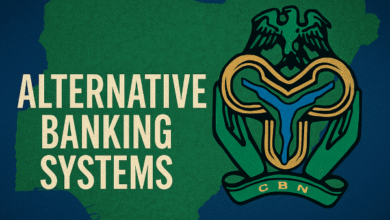Africa Offers Huge Potential For Cashless Payment – MasterCard VP
Vice President and Area Business Head West Africa, Mastercard, Omokehinde Adebanjo has said that African countries share some of the world’s highest speeds of digital growth with people now constantly in pursuit of faster and more convenient ways of paying for goods and services.
While Speaking at the recent 16th edition of the CBN Cashless Card Expo held in Lagos on Retail payment in the emerging eCommerce Revolution in Africa, Adebanjo, noted that whilst the progress has been slow, electronic payment systems are superseding cash, bank notes, payment orders and cheques.
According to her: “In Africa, financial inclusion is crucial in order to ensure sustained economic progress and electronic payment growth across the region and other emerging markets, considering that several areas in the continent still do not have banking systems, whilst those that do are slowly transitioning from a cash-based society to electronic payment methods.”
She continued: “Financial exclusion is a major challenge with almost two thirds of the African population falling outside of the financial mainstream. In order to address this challenge, it has become more important than ever to make financial services more easily available to the millions of low-income, undeserved and unbanked individuals. Furthermore, financially excluded markets are huge unserved populations looking for a solution, and lower income does not mean that electronic payments are out of reach.
“Many successful initiatives targeting lower-income segments have been established, such as micro payments and micro finance. These types of services have the potential to open up new remittance corridors, expand the scope of cashless money transfers, extend financial inclusion and grow the economy. Through the use of technology, households, local business and technology companies become empowered to create a world beyond cash.
“The e-commerce environment in Africa is robust and expanding at a rapid rate. This is driven by continued telecommunications infrastructural development, an increase in the number of mobile service providers and the decreasing costs of using the internet.
” This has resulted in more and more retailers placing their inventory online and opening themselves up to the global marketplace. This shows that electronic commerce is the engine that improves the economic well-being of a nation through rapid integration into globalisation and exploiting the evolving technology,” Adebanjo said.
She noted that this type of digital evolution is not just convenient but also plays a vital role in stimulating economic growth not only in Africa, but across the globe while remarking that this will promote greater financial inclusion, and gives those without access to the formal banking system an introduction to formal financial services.












